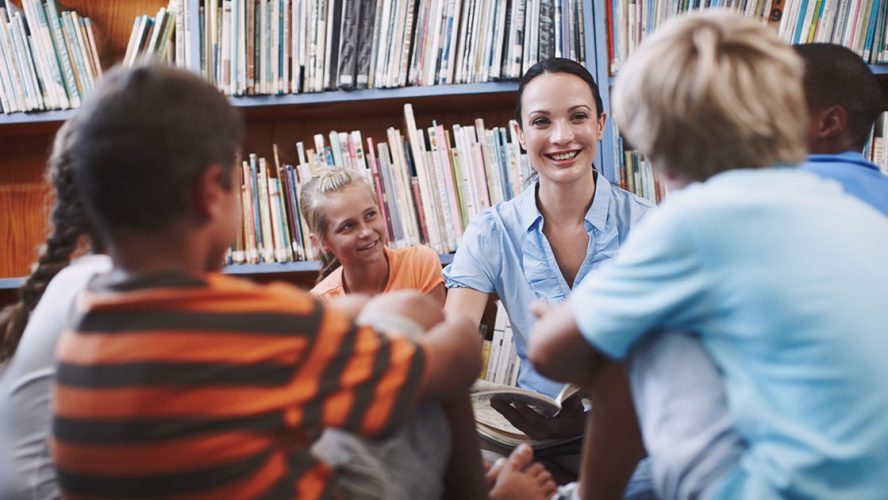Educators, parents, academics, government officials, community members and other dedicated individuals work diligently to improve literacy in our country. But what about another powerful group, capable of changing the landscape of literacy at this very moment?
That’s right — the students themselves.
Here are a few ideas detailing how young people can make a difference in promoting literacy in their local communities.
1. Banned Books Club: Start a book club that reads commonly banned literature
- Problem: Students who don’t read voluntarily have lower literacy rates and reading comprehension scores.
- Solution: Some books banned by schools are proven to get students hooked on reading, typically because they’re more interesting. Teens, especially boys, respond well to a little rebelliousness. The “Catcher in the Rye,” “Captain Underpants,” “The Hunger Games” and “The Perks of Being a Wallflower” are just a few of the vast number of commonly censored books that can often ignite an interest in reading in young people.
2. Stacks on Stacks: Run a competitive drive to collect books for low-income areas
- Problem: Sixty-one percent of low-income families don’t have access to books, which puts children at a social and academic disadvantage.
- Solution: Members rally their school and pit each grade against each other in a book-collecting competition. Students collect and stack books in their grade’s designated spot. Highest stack is crowned champ! But the real winner? Your local communities and the low-income families in your area.
3. Puzzle Party: Volunteer to construct puzzles with local kindergarten students
- Problem: Children often loath sitting down and reading, especially in a classroom setting, thus making it difficult to develop the critical thinking skills necessary for both social development and literacy acquisition.
- Solution: It is a widely accepted fact that board games and puzzles foster cognitive development in young children. Spend some time with a local kindergarten class, and encourage a love of productive and educational play.
For more ways for teens to take action around literacy, visit DoSomething.org.

